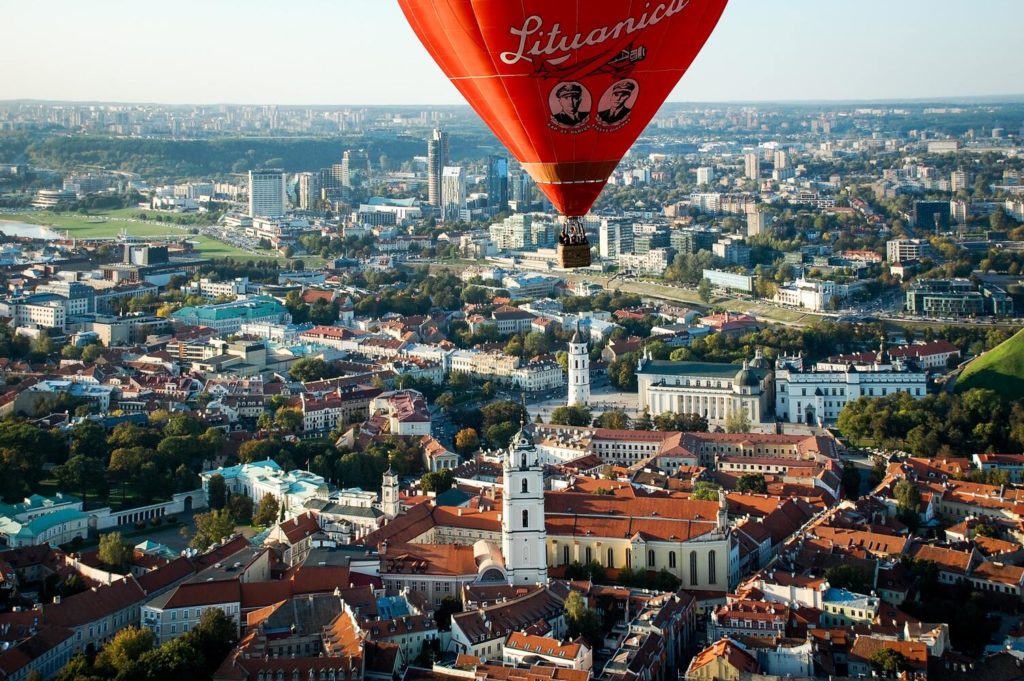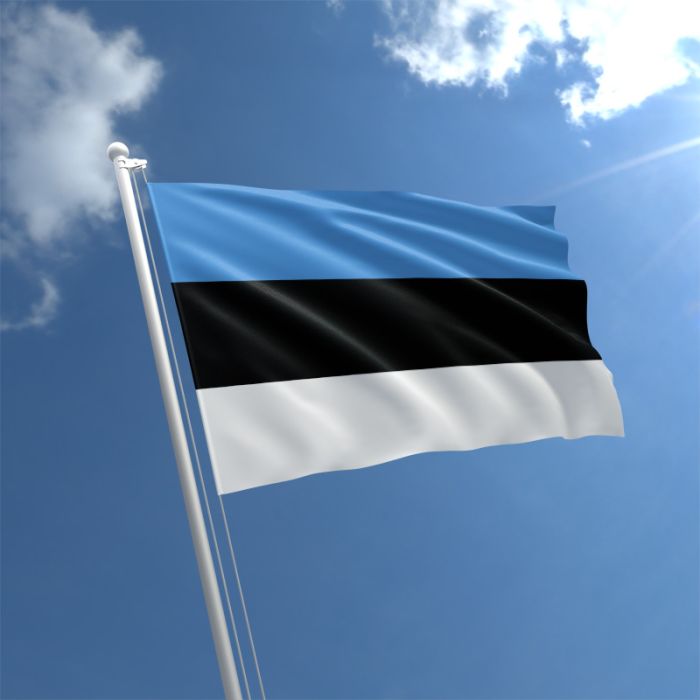One of the most valuable passports in the world is a European passport. On the happiness scale, some European nations like Finland, Sweden, and Norway rank well, while most EU nations have excellent work-life balance. A European passport is without a doubt the most sought-after in the world since it grants access to best-in-class healthcare, education, and social benefits, as well as four weeks of guaranteed paid vacation time each year.
A passport can often be obtained by birth, naturalization, or restoration. Even though they are not born on Lithuanian soil, children born to Lithuanian citizens automatically become citizens of Lithuania.
The alternative route to becoming a citizen of Lithuania is naturalization. This route necessitates 10 years of residence and employment in Lithuania, as well as acceptable language skills and constitutional understanding.
Obtaining a work visa in Lithuania can be challenging for most foreigners. Additionally, this will cost a lot of money, time, and effort. Finding a company willing to sponsor your work visa might be difficult, even when you have the requisite training and experience. Because asking for a work visa is not necessary, most firms will choose to employ a Lithuanian or a European.

Passport by ancestry
Do you have any questions on how to become eligible for Lithuanian citizenship if naturalization is not an option because of the time and cost required? You might think about applying for a Lithuanian passport based on heritage. If any of your parents, grandparents, or great-grandparents resided in Lithuania before June 1940, this choice is ideal for you.
Since 1388, Lithuanian Jews have been documented. But according to historians, Jews were present in this Baltic nation far earlier. Many Lithuanian Jews were killed during the Holocaust and the persecution that came before it, while the remainder escaped to other areas of the world. You can apply for a Lithuanian passport if you have proof that one of your ancestors was a citizen of that country, such as a work permit, birth certificate, or other official identification documents.
The application for Lithuanian citizenship must be submitted in Lithuanian. The required supporting documentation must be translated into Lithuanian and submitted with your application. Depending on the circumstances, there may be extra fees associated with the notarized translation into Lithuanian.
Additional details
Normally, one must renounce their foreign citizenship to become a citizen of Lithuania. Without renunciation of Israeli citizenship, it is frequently feasible to get citizenship. You must demonstrate that one of your ancestors was a citizen of Lithuania before June 1940 in this situation. You must additionally demonstrate that the ancestor left Lithuanian territory before 1990. When compared to renunciation of one’s citizenship of origin, having dual citizenship can often be more expensive.
Cost
Recently, the consular fee for a national visa was EUR 60; it is now EUR 120. There is an additional service charge for those who use a service provider to apply for a visa to Lithuania. If the nation possesses Lithuanian visa authority, VF Services, Lithuania’s visa services partner in the U.K., will charge EUR 19 to process the visa application. The charge is EUR 40 if there is no local visa authority.
The consular fee for obtaining a Lithuanian passport is EUR 100 for Israeli residents who are citizens of Lithuania. Children under the age of 18 and those who are retired pay EUR 50.
There are three costs involved in obtaining or “restoring” citizenship:
If you lack the paperwork proving your eligibility for a passport, you will need to hire a genealogist to research your lineage; the fee will depend on the number of documents needed.
The fees for an emigration lawyer with expertise in Lithuanian citizenship, vary based on the situation.
Up to €3,000 in fees have been paid to the Lithuanian government to obtain citizenship (3555 USD or 11,700 ILS)



